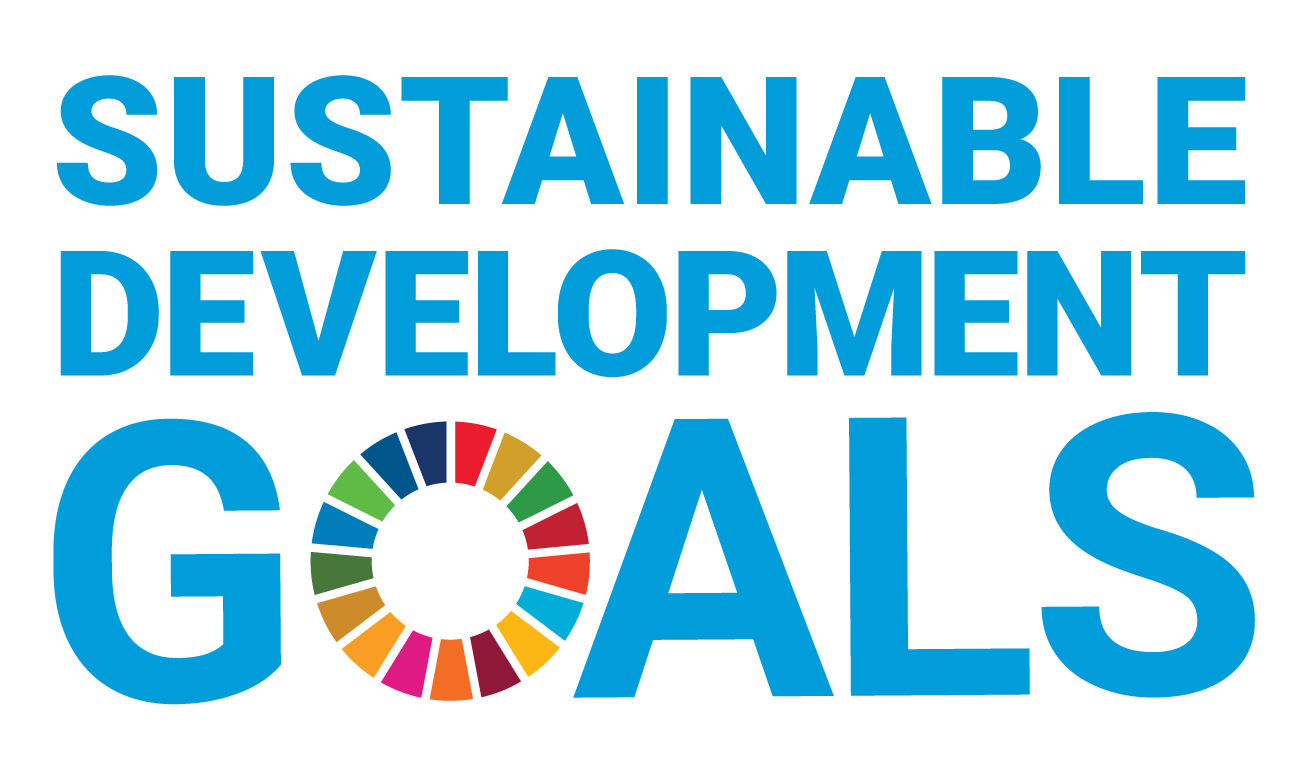
While many of the world’s forests are under severe threat, it is clear that the global demand for timber is not slowing down. Conventional logging practices often depend on ‘selective logging’ which can reduce biomass for decades whilst diminishing the carbon storage capacity of the forest. Improving forest management through sustainable practices, that both increase carbon stocks and reduce greenhouse gas emissions, is a vital step towards tackling climate change whilst simultaneously benefiting local economies in a forest-friendly way.
Located on the Prince of Wales Island, in Southeast Alaska, The Klawock Heenya project involves the sustainable management of 3,487 hectares (8,619 acres) of Alaskan forest. The project promotes ‘silviculture’ techniques that allow for a wide variety of trees of different ages to grow, in combination with non commercial thinning which enables a healthy habitat for native wildlife. By improving the age range of the trees, the project enables the forest ecosystems of the region to become more resilient to climatic threats.
By growing resilient forests, the project improves carbon stocks in the region and thus reduces global GHGs by improving the carbon sequestration of the trees. Biodiversity is protected through preserving wildlife habitats and local salmon fisheries benefit as the project reduces sedimentation and improves water quality through reduced harvest. Protecting the many salmon fisheries in the area supports the region’s communities as salmon is a major source of food for local residents. In addition, the project supports local Alaska Native livelihoods by providing firewood and non-commercial wood for local shelter.
To learn more about the Sustainable Development Goals verified by the standard for this project, please check the registry link.
